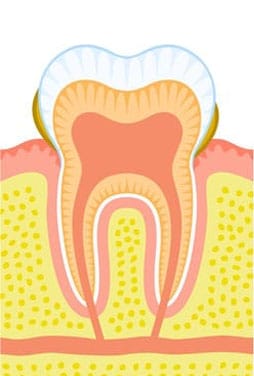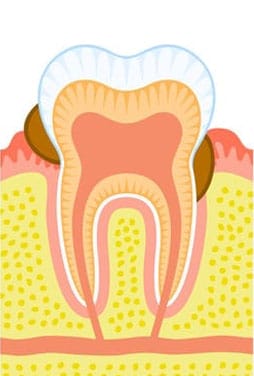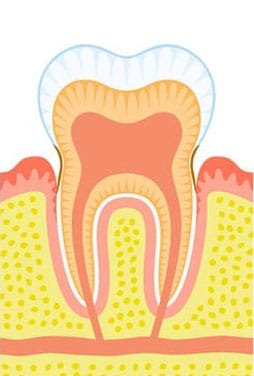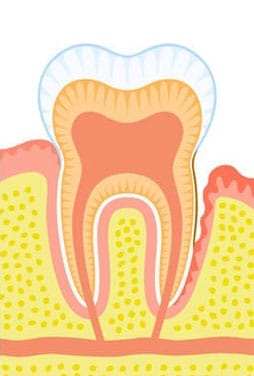Maintain good oral hygiene. Brush your teeth twice daily and regularly floss and use mouthwash. Keeping your mouth clean is the easiest way to prevent bacterial infection.
Yes, this causes ‘toothbrush abrasion’ and can form cavities that may result in gum disease. To avoid this from happening, brush your teeth twice a day and do not scrub your too hard.
In general, people above the age of 60 are more likely to have dental problems, gum disease included.
Severe gum disease increases the risks of more serious health problems, such as cancer, lung disease, and heart disease. This is why it’s important to seek early treatment.
Severe gum disease may increase the risk of various types of cancer.
Not necessarily, but if you notice a lump or sore in the mouth or throat, red or white patches, or have difficulty chewing or swallowing that does not heal after two weeks, visit the doctor immediately as these may be early signs of oral cancer.
Salt water can kill bacteria as it drains the liquid from the cells. Salt’s ability to drain liquid also helps with reducing the swelling caused by gum disease.
Your gums cannot naturally grow back, although there are treatments such as soft tissue graft that can help strengthen them.
Brush your teeth! Flossing and mouthwash is the easiest way to prevent and treat gum disease.
It depends on the severity, some may heal in several days, while more serious cases take months to recover.
The bacteria that cause gum disease can be transmitted through saliva. Therefore, you can catch gum disease from someone through sharing drinks, sharing the same eating utensils, and kissing.
Yes, children can get gum disease. It is important to keep an eye of your kids’ dental health to prevent gum disease from happening.
Although there is not a particular one, you can use anti-gingivitis or anti-plaque toothpaste. These types of toothpaste contain fluoride that helps strengthen the teeth and remove bacteria effectively.
To prevent discomfort during advanced gum treatment such as soft tissue graft, gum graft, and gum contouring, the dentist will give you local anaesthetic.
No, maintaining good dental hygiene is the best solution for gum disease, and a visit the dentist for a proper deep cleaning.
Your gum disease could be caused by genes, hormonal changes, other illnesses, or the consumption of tobacco. Poor oral hygiene is not the sole cause of gum disease.
Bleeding gums occur when there is plaque build-up, and may be a sign of gum disease.
Gum disease is quite common. According to the Australian government in 2012, 22.9% of Australians have periodontitis.
Once every six months is ideal, although perhaps your dentist would need you to have more frequent visits after getting a gum disease treatment.



